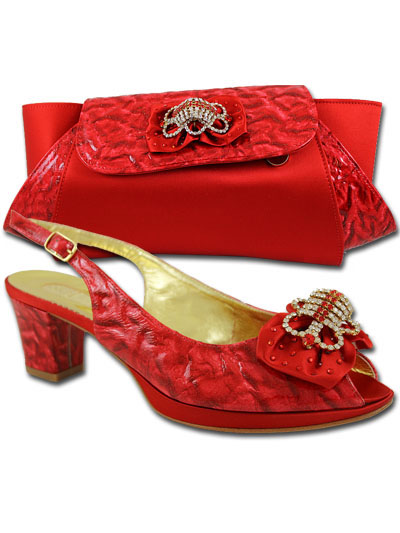African clothing has a vibrant and interesting history to match its bright and bold textiles. This history is thought to stretch back 75,000 years! Although tracking the evolution of African styles can be difficult, ancient art gives us hints about the textiles used. Egyptian art suggests that flax weaving began in 5000BC and there are hieroglyphics as old as 3000BC that show drawings of looms.
Made out of animal skin, fur, feathers and bark cloth, very early African clothing was perhaps not well matched to the usually hot conditions. It is believed that these materials were mainly used in the form of aprons that would have been tied around the waist and robes that were draped across the body. Later, cooler materials like cotton were used for cloth-making.
Brave and Bold Designers
In West Africa, woven fibres from the 800s have been discovered in Nigeria. In Mali, cotton fragments were found that have been traced back to the 1000s. Reports of Kankan Moussa’s pilgrimage to Mecca in the 1300s mention that he and his group were dressed in cotton woven with gold threads. Ibn Battuta, an explorer, documented weavers in Timbuktu and Mali also in the 1300s, and by the 1400s Nigeria’s dying pits were celebrated by those living as far north as the Mediterranean coast.
When the intricate weaving techniques were developed they were handed down generation by generation, resulting in beautiful fabrics and styles that are associated with varying African areas. Regional differences are partly due to the contrasting agricultural landscapes and natural resources. Flax and jute are distinctive textiles of West Africa along with raffia palm, which can also be found in more central African countries. Camel and sheep wool are weaved into fabrics that are typical of Northern Africa and silk is most commonly used in Eastern Africa.
Today, bright and bold African textiles are often worn fashionably with modern pieces. Pair our traditional items like the aso-oke head tie, the vibrant wax prints, the geles and the bags and shoes with blue jeans or a blazer. Empire Textiles will let you add some African history to your modern wardrobe.


